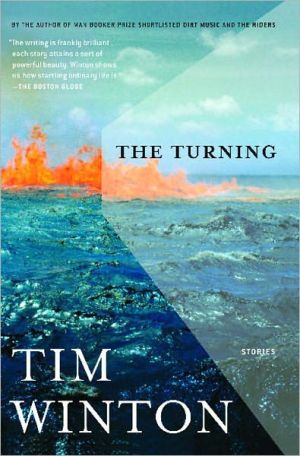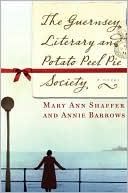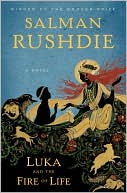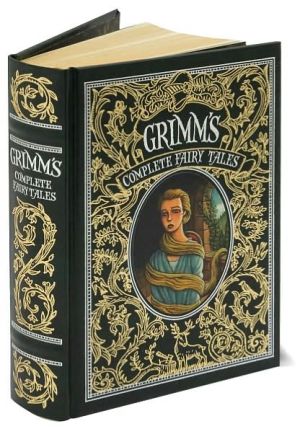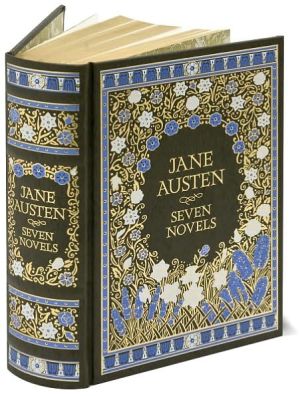The Turning
Set on a coastal stretch of Western Australia, Tim Winton's stunning collection of connected stories is about turnings of all kinds — changes of heart, slow awakenings, nasty surprises and accidents, sudden detours, resolves made or broken. Brothers cease speaking to each other, husbands abandon wives and children, grown men are haunted by childhood fears. People struggle against the weight of their own history and try to reconcile themselves to their place in the world. With extraordinary...
Search in google:
Set on a coastal stretch of Western Australia, Tim Winton's stunning collection of connected stories is about turnings of all kinds — changes of heart, slow awakenings, nasty surprises and accidents, sudden detours, resolves made or broken. Brothers cease speaking to each other, husbands abandon wives and children, grown men are haunted by childhood fears. People struggle against the weight of their own history and try to reconcile themselves to their place in the world. With extraordinary insight and tenderness, Winton explores the demons and frailties of ordinary people whose lives are not what they had hoped.The New York Times - Polly ShulmanFor all their brutality and sudden death—the drownings, car crashes, even shark attacks; the beatings and maimings—these stories have an austerity as lofty as the weather on this wild coast, and as capable of surprises.
Big world1Abbreviation17Aquifer37Damaged goods55Small mercies67On her knees101Cockleshell113The turning133Sand163Family171Long, clear view189Reunion205Commission217Fog235Boner McPharlin's moll251Immunity293Defender299
\ From the Publisher"The writing is frankly brilliant...each story attains a sort of powerful beauty. Winton shows us how startling ordinary life is." \ — The Boston Globe\ "These stories have an austerity as lofty as the weather on this wild coast, and as capable of surprises."\ — The New York Times Book Review\ "Tim Winton tenderly extends his broken characters a delicate grace."\ — Entertainment Weekly\ "What John Steinbeck was to California's Central Valley, Tim Winton is to the coastal region of Western Australia.... Winton's ability to arrange the written word appears effortless."\ — San Francisco Chronicle\ "The Turning is finely crafted without being showy; sincere and moving without any authorial tug at the heartstrings. The best stories are nearly — what's the word I'm looking for? — immaculate."\ — Bookforum\ \ \ \ \ \ Polly ShulmanFor all their brutality and sudden death—the drownings, car crashes, even shark attacks; the beatings and maimings—these stories have an austerity as lofty as the weather on this wild coast, and as capable of surprises.\ —The New York Times\ \ \ Publishers WeeklyWell-known in his native Australia and twice shortlisted for the Man Booker, Winton (Dirt Music, etc.) is overdue for wider recognition in the U.S. This collection of linked stories showcases his strengths: memorable characters colliding with the moments that define them-for better or worse-and clean, evocative prose that captures the often stultifying life in smalltown Western Australia. In the title story, Raelene, a young wife and mother living in a trailer park with her abusive husband, Max, becomes fascinated with her happy new neighbors; the seemingly perfect couple's influence sets Raelene on a muddled path toward self-examination, resulting in a transformation shocking for both its brutality and na vet . "Sand" reveals Max's cruelty as a young boy-he tries to bury his younger brother alive-while "Family" shows the two brothers meeting again as adults, with the balance of power between them shifting dramatically. Another character, Vic, is central to the book: he appears as an awkward adolescent fixated on unattainable older girls, as a young man coping with the legacy of his father's alcoholism and abandonment, and as a middle-aged man unable to come to terms with his past. Winton reveals a wide but finely turned swath of simmering inner lives; the sweetness of these stories, as well as their sharp bite, feels earned and real. (Sept.) Copyright 2005 Reed Business Information.\ \ \ \ \ Library JournalThe short story has become less popular in recent decades, but Winton's newest collection could convert confirmed novel readers. The stories interweave and overlap novel-like, following events in a small town in Western Australia over decades. The book opens with "Aquifer," which tells the origins of the town where most of the stories take place. A succession of stories, including "Damaged Goods" and "On Her Knees," chronicles the life of Vic, a boy and then a man obsessed with protecting the weak and righting wrong. "Fog" tells part of the story of Vic's father, a policeman on the outside of police corruption, while "Small Mercies" recounts how a man goes back to his small hometown with his child, following the suicide of his wife. A final group of stories concerns bad-tempered Max; his battered wife, Raelene; and his failed golden brother, Frank. With this work, Winton-twice nominated for the Booker Prize (for Dust Music and The Riders) and declared a national living treasure by the Australian National Trust-has something that is more than the sum of its parts. Recommended.-Amy Ford, St. Mary's Cty. Lib., Lexington Park, MD Copyright 2005 Reed Business Information.\ \ \ \ \ Kirkus ReviewsThe western coast of Australia-beautiful, barren, sparsely populated-imposes a hardscrabble discipline on Winton's brilliant prose (Dirt Music, 2002, etc.). This collection of 17 interlinked tales feature the region's remote towns, dirt roads and deserted coastline. As in the works of Frost or Aeschylus, hard, laboring lives yield hard-won knowledge. In "Commission," an unforgiving son seeks out his father, a reformed alcoholic, who tries to explain how being a straight cop in a crooked small-town police force broke him down. "Cowardice, it's a way of life," he says bitterly. "It's not natural, you learn it." "On Her Knees" concerns a cleaning lady accused of stealing a valuable pair of earrings. Her son rejoices to find them under the employer's bed, then realizes that the employer will simply assume the guilt-ridden cleaner has returned them. Moral judgments, meanwhile, are deepened by seeing characters recurrently. In "The Turning," Max is an abusive drunk who bullies and assaults his young wife; in "Sand," we see him as a boy envious of his good-natured younger brother, Frank. Finally, in "Family," the adult Max and Frank, surfing together, encounter a shark. Frank has the chance to save his lifelong tormentor or let him perish: The story wryly concludes, "He held fast to his brother . . . for as long as he could, and for longer than he should have."These are stories full of vitality and bad choices, violence and unrewarded heroism. An unswerving fidelity to life as it is actually lived endows them with immense value.\ \
